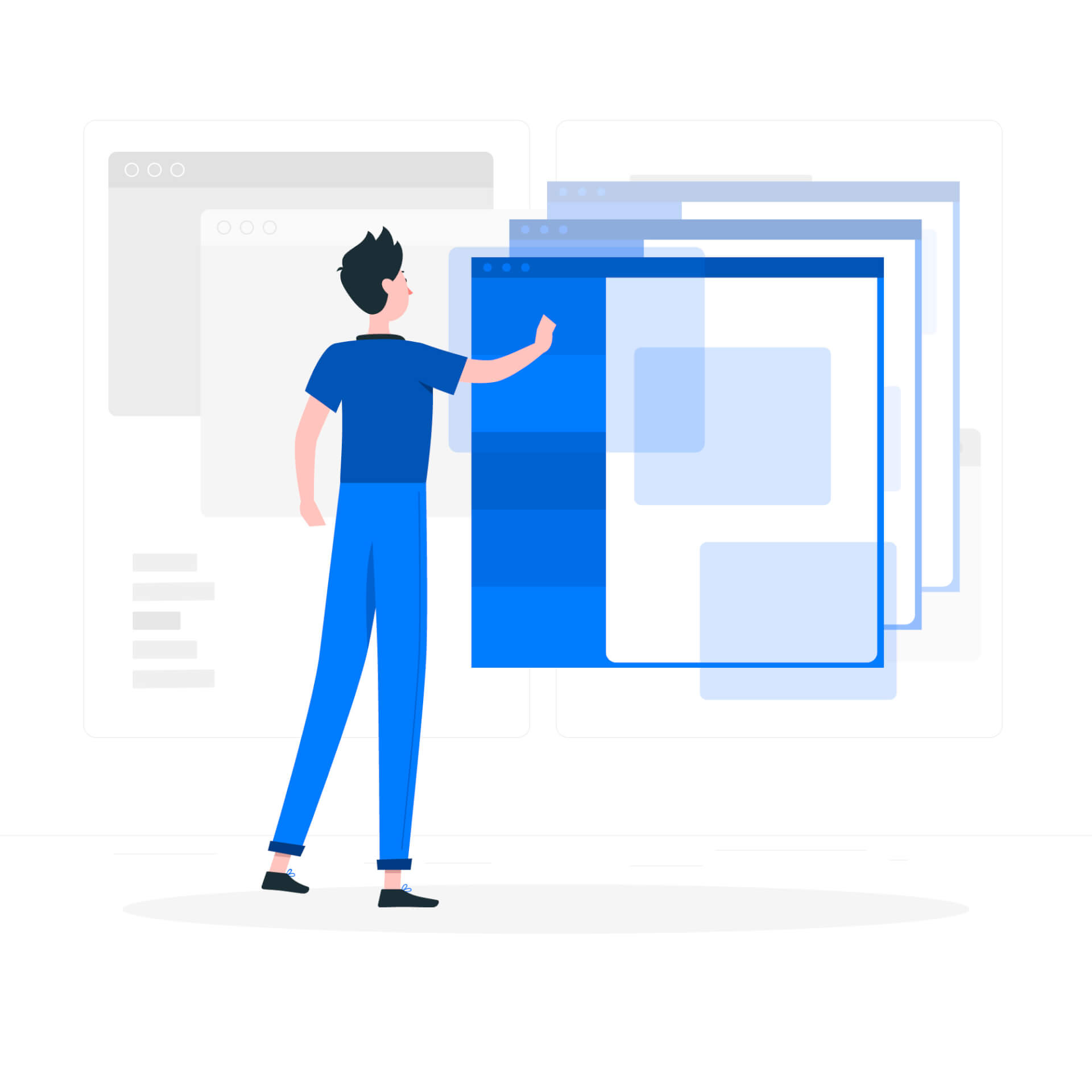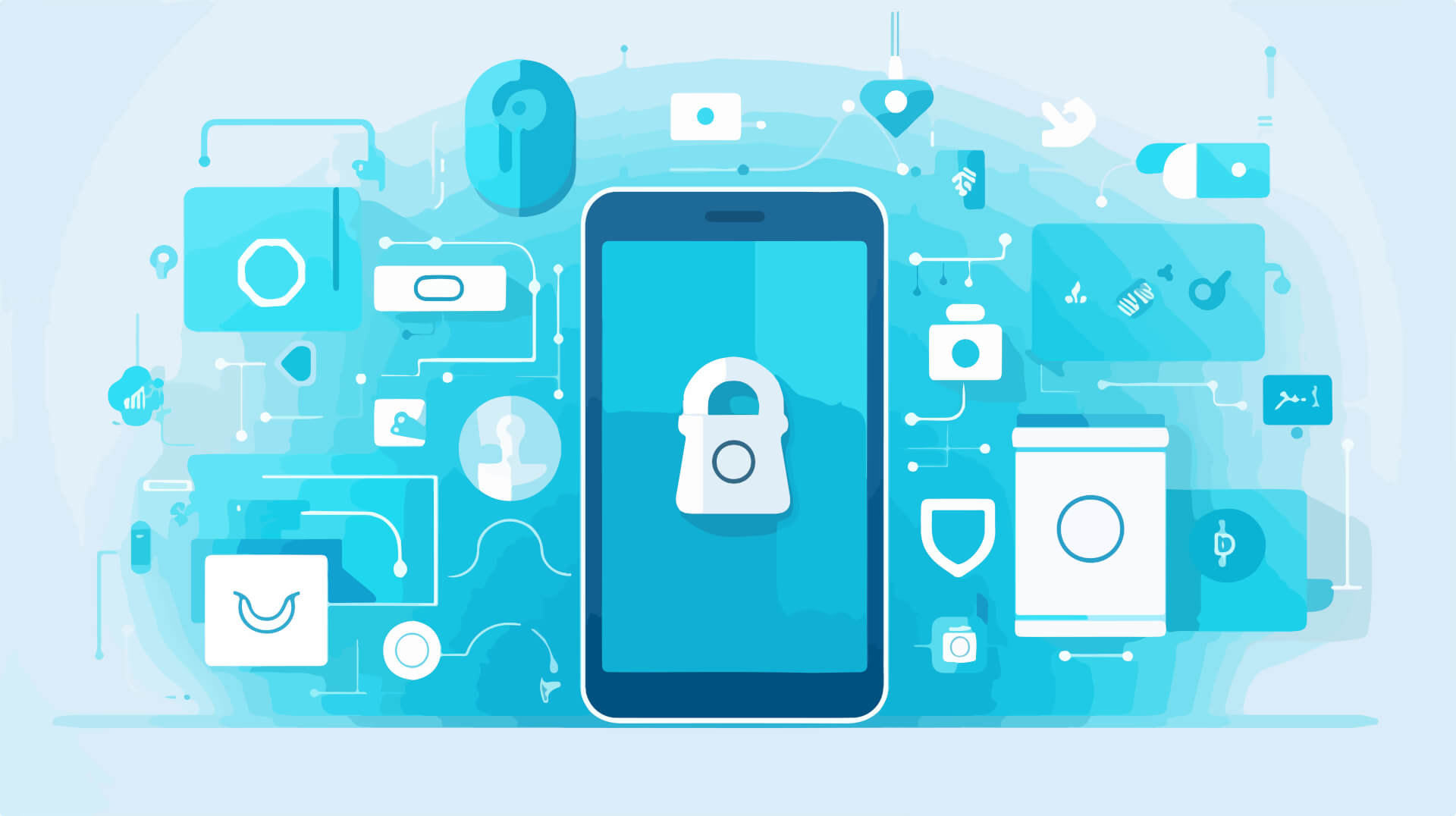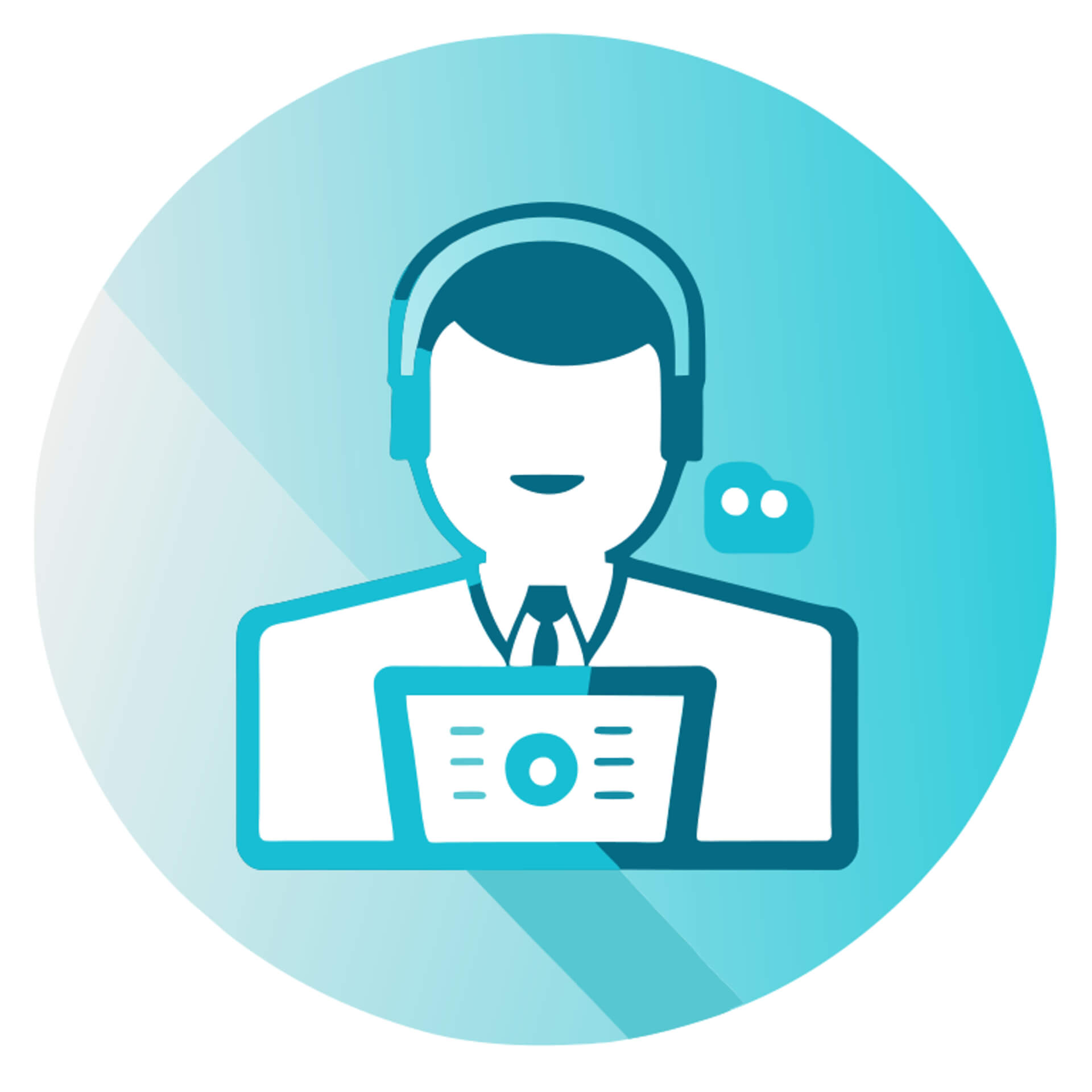Choosing the right software for creating proposals can have a significant impact on the efficiency and professionalism of your business activities.
With the multitude of options available, it is important to look for specific features that match your requirements and goals.
In this article, we will discuss the key features you should consider when selecting your proposal software.

Table of Contents
1 - User-Friendly Interface
 A user-friendly interface is crucial for smooth navigation and use of the software.
A user-friendly interface is crucial for smooth navigation and use of the software.
Look for options that provide an intuitive design and allow you to create and customize proposals effortlessly.
Ensure that the software offers numerous customization options to tailor your proposals to your brand identity and customer preferences.
Also, check the accessibility on different devices to increase flexibility in your workflow.
2 - Template Variety
The variety of template offerings is crucial to meet the needs of different industries and project requirements.
Choose software that has a wide selection of templates, including universal designs and industry-specific layouts.
Access to specific templates can streamline the proposal creation process and increase its relevance to your target audience.
3 - Collaboration Tools
 Effective collaboration is crucial for refining proposals and incorporating feedback from stakeholders.
Effective collaboration is crucial for refining proposals and incorporating feedback from stakeholders.
Choose software that allows real-time editing and enables multiple users to work on the same document simultaneously.
Look for features like comment and feedback tools to promote seamless communication and collaboration among team members.
4 - Integration Capabilities
Integration with other tools and software solutions is essential for maximizing efficiency and productivity.
Ensure that the proposal software seamlessly integrates into your existing workflow and preferred tools.
By being compatible with common platforms like Microsoft Office, Google Workspace, and project management software, you can optimize your workflow and eliminate manual data entry.
5 - Security Features
 Protecting sensitive customer information and secure data should be a top priority when selecting software for proposal templates.
Protecting sensitive customer information and secure data should be a top priority when selecting software for proposal templates.
Look for options that provide robust security features like data encryption and access controls.
Check the software's compliance with industry standards and regulations to reduce the risk of data breaches and ensure the confidentiality of your proposals.
6 - Cost and Value
Evaluate the pricing plans and value-added features offered by various proposal software providers.
While cost is undoubtedly a factor, consider the value proposition and return on investment that each option provides.
Look for software that fits your budget constraints while providing essential features and functionalities to support your business goals.
7 - Customer Service
 Responsive customer support is invaluable when encountering technical issues or needing assistance with the software.
Responsive customer support is invaluable when encountering technical issues or needing assistance with the software.
Prioritize options that offer timely and helpful customer support, including live chat, email support, and phone assistance.
Also, look for resources like tutorials, knowledge bases, and user forums to facilitate troubleshooting and self-service learning.
8 - Reviews and Testimonials
Gather insights from user reviews and testimonials to assess the reliability and performance of the proposal software.
Researching existing user feedback can provide valuable insights into the strengths, weaknesses, and overall user experience of the software.
Look for patterns and trends in reviews to make informed decisions and avoid potential pitfalls.
9 - Freemium and Trials
 Take advantage of a trial or freemium plan to test the features and functionalities of the software before making a commitment.
Take advantage of a trial or freemium plan to test the features and functionalities of the software before making a commitment.
During a trial period, you can explore the software's features firsthand and assess its suitability for your specific requirements.
Use this opportunity to create sample proposals, experiment with different templates, and evaluate the user experience before making a final decision.
10 - Scalability
Choose proposal software that can adapt to the changing needs and growth of your business.
Scalability is crucial to future-proof your investment and ensure the software can accommodate increasing workloads and growing customer base.
Check the scalability features of the software, such as flexible pricing plans and scalable infrastructure, to support your long-term business goals.
11 - Training and Onboarding
 Access to comprehensive training resources and onboarding support can accelerate the learning curve and maximize the potential of the software.
Access to comprehensive training resources and onboarding support can accelerate the learning curve and maximize the potential of the software.
Look for software providers that offer tutorials, webinars, and personalized onboarding sessions to facilitate a quick and efficient start.
By investing in training and onboarding, your team can fully utilize the software's features and optimize your proposal creation process.
12 - Updates and Maintenance
Regular software updates and maintenance are essential to ensure the security and relevance of your proposal software.
Choose a provider that prioritizes ongoing development and releases regular updates to improve performance and address user feedback.
Stay informed about upcoming updates and new features to leverage the latest advancements and stay ahead of the competition.
13 - Mobile Accessibility
 In today's fast-paced business environment, mobile accessibility is becoming increasingly important for on-the-go productivity.
In today's fast-paced business environment, mobile accessibility is becoming increasingly important for on-the-go productivity.
Ensure that the proposal software is compatible with mobile devices and provides dedicated mobile apps for seamless access and editing on smartphones and tablets.
With mobile accessibility, you can work efficiently from anywhere, whether in the office, at client meetings, or while traveling.
Summary
Choosing the right software for managing proposals is a crucial step in optimizing your business processes and enhancing your professional image.
By prioritizing features like user-friendly interface, template variety, collaboration tools, integration capabilities, security features, cost and value, customer support, reviews and testimonials, trial period, scalability, training and onboarding, updates and maintenance, and mobile accessibility, you can streamline your proposal creation process and enhance the quality of your proposals.
Conduct thorough research, take advantage of free trials, and gather feedback from your team to make an informed decision that aligns with your business goals and workflow requirements.
 Reading recommendation: If our article has been helpful and you would like to learn more about proposal templates, continue reading here: "Proposal Templates: Optimize Your Business Communication"
Reading recommendation: If our article has been helpful and you would like to learn more about proposal templates, continue reading here: "Proposal Templates: Optimize Your Business Communication"
Frequently Asked Questions About Proposal Software
How do I know which proposal software is right for my business?
Consider factors like user interface, template variety, collaboration tools, integration capabilities, security features, and customer support.
Test different options in free trials to find out which one is best suited for your specific requirements.
Can I customize the templates to match my brand identity?
Yes, most proposal software offers customization options to tailor the templates to your brand's colors, fonts, and logo.
Look for software that provides enough flexibility in customization.
Is mobile accessibility important for proposal software?
Yes, mobile accessibility allows you to work on proposals from anywhere, ensuring flexibility and convenience.
Look for software that offers dedicated mobile apps or responsive web design for seamless access on smartphones and tablets.
How can I ensure the security of my proposals and customer data?
Choose proposal software that prioritizes security features like data encryption and access controls.
Check the software's compliance with industry standards and regulations to protect confidential information.
What should I consider when evaluating pricing plans?
Look beyond the initial costs and consider the value-added features and benefits each pricing tier offers. Evaluate the return on investment and choose a plan that aligns with your budget constraints and business goals.